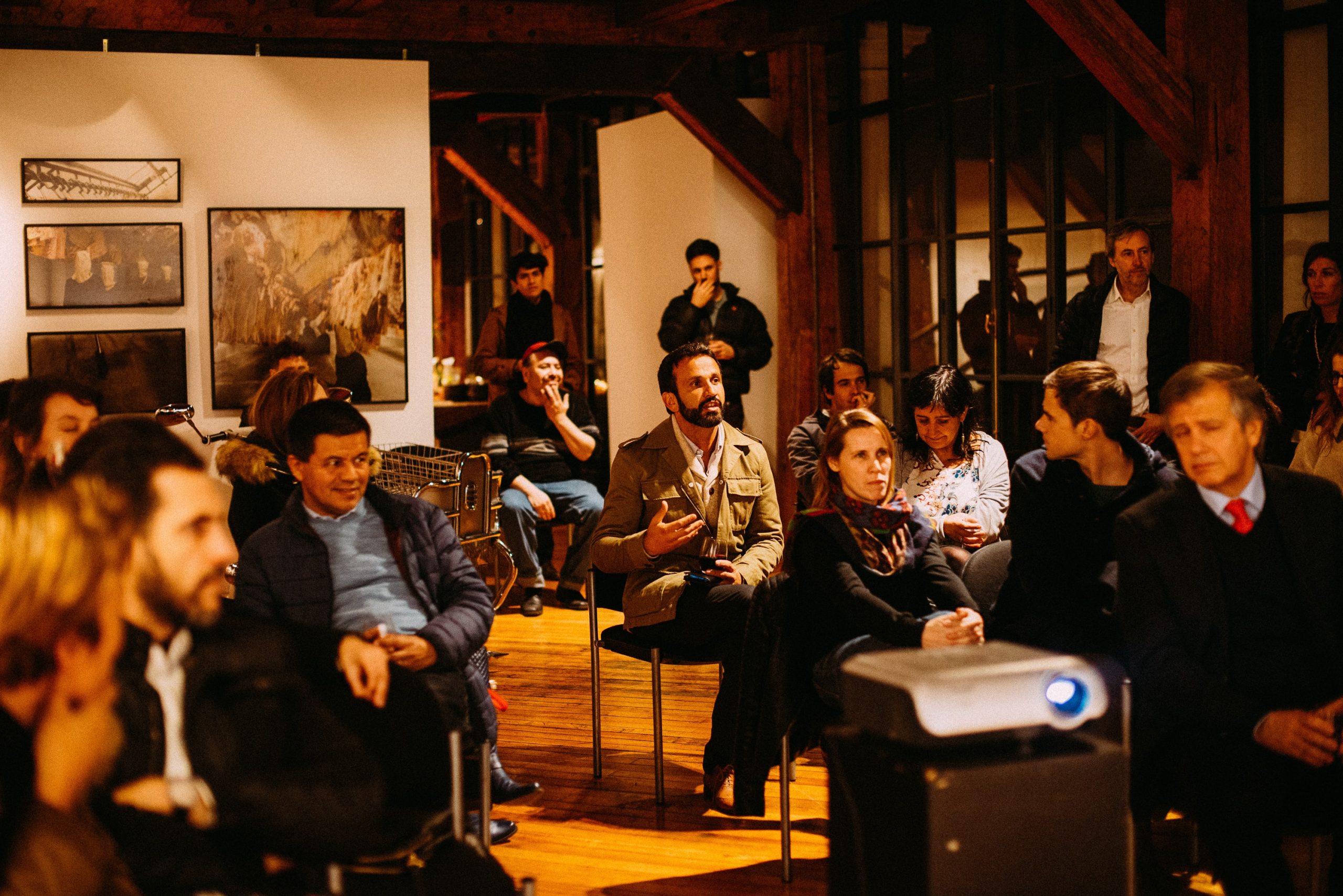
If you are lucky, you had at least one course in academic writing and speaking or presentation. But have you ever heard of a course in being a good academic audience? No? Then you are in the right place as I am about to jot down a very personal opinion on what I myself expect from an academic audience. This is all, of course, based on anecdotal experience from giving or listening for academic presentations in an academic setting; conferences, seminars, and staff meetings. The following are some of the signals in the audience that can surely be interpreted in many ways, but for an irrationally insecure speaker, it can be confusing:
- Furrowed brows: a signal of intertest or a signal of disapproval? You might be doing it involuntarily, so I am not blaming anyone here. I am most likely doing it myself sometimes, I also actively try to avoid it. For a speaker that has limited time to present something, furrowed brows might be an indication that they are wrong and without openly asking, there is no way to know. So, the quality and flow of the presentation (assuming they were there to begin with) could be disrupted and the speaker might start wondering if they can change anything on the spot. Things can swiftly go downwards from there.
- Yawning: you might well be tired, but very interested in the talk. However, try to imagine the impact this has on our hypothetical irrationally insecure speaker. Academic meetings and talks are often very international, and yawning rules and regulations are diverse, context dependent and, crucially, rarely written down for presenters to research ahead of time. In my personal opinion, there is no right or wrong way to yawn. I will surely try to hide it from the speakers in front of me though. Demoralizing a speaker in any part of their talk with a satisfying but vocal yawn is not for me. Although, as my colleague Juanma says, there are limits regarding attention span and boring talks.
- Eating loudly: yes, it happens and yes, I am not making it up. Food is an important part of a workday in academia. It is an important part of the comfort and the feel-good environment that some of us cultivate for ourselves. (Just count how many people are attracted to a meeting when free lunch is involved!) So, I do agree that eating should be ok during talks. Enthusiastic eaters or crunchy foods can sometimes result in a competition between the eater and the speaker. This is where I would draw the line. Yes to cake, no to chips.
- Dirty dishes: you forget them, right? Sometimes you are given a cup or a plate, which you do not own. So, it could feel right to leave them on the other end of the auditorium. I would say “no”, though. And whoever organized the talk is not responsible to collect your plates and cups. It is ok to forget sometimes, not ok to forget all the time.
- Looking into the void. For some, looking into the void helps to focus and to listen. For our hypothetical and irrationally insecure speaker, it might be another indicator that they are boring you. Trying to compete with the void is quite difficult for any speaker (let’s just assume that), so help them by looking less into the void and adding an approving nod here and there (an enthusiastic thumbs up might be even better!).
Yes, I did exaggerate here, a thumbs up might be a bit much! But these are all signals we can give to show we are actively listening. By contrast, loud and enthusiastic snoring in the audience should only be indulged in on special occasions.
Text written by SEAS fellow Aistė and peer reviewed by SEAS fellows Paul and Juan.

Be First to Comment